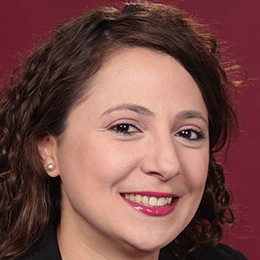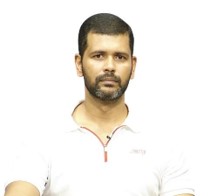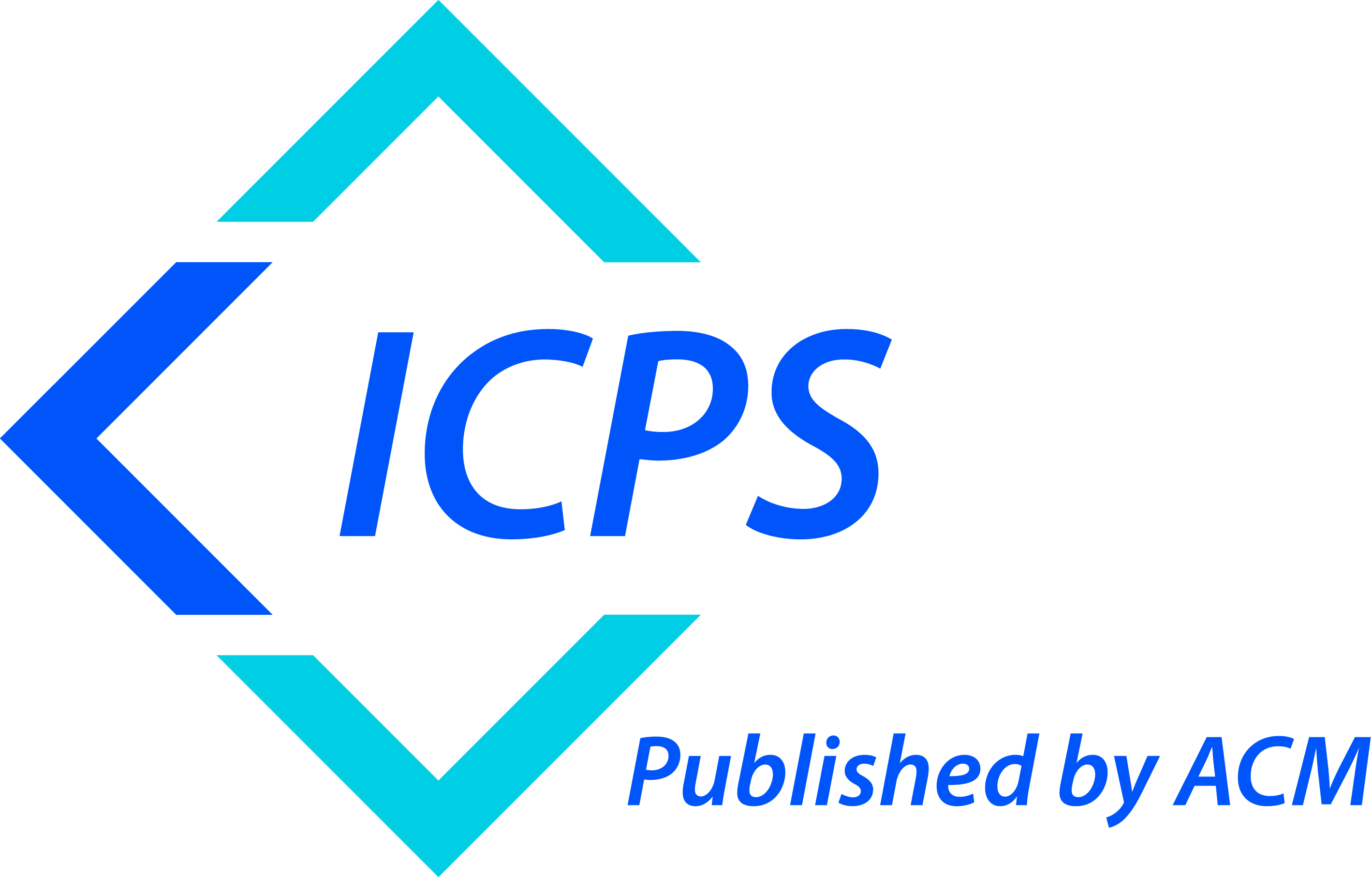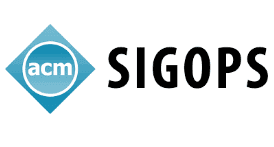ICDCN
2023
24th International Conference On
Distributed Computing And Networking
4-7th January, 2023
|
Department of Computer Science and Engineering, IIT Kharagpur
Tutorials

Eirini Eleni Tsiropoulou
University of New Mexico
Bio:
Eirini Eleni Tsiropoulou is currently an Assistant Professor at the Department of Electrical and Computer Engineering, University of New Mexico. She received her Diploma in ECE, MBA in techno-economics, and Ph.D. in ECE from the National Technical University of Athens (NTUA) in 2008, 2010, and 2014, respectively. Her main research interests lie in the area of cyber-physical social systems and wireless heterogeneous networks, with emphasis on network modeling and optimization, resource orchestration in interdependent systems, reinforcement learning, game theory, network economics, and Internet of Things. Five of her papers received the Best Paper Award at IEEE WCNC in 2012, ADHOCNETS in 2015, IEEE/IFIP WMNC 2019, INFOCOM 2019 by the IEEE ComSoc Technical Committee on Communications Systems Integration and Modeling, and IEEE/ACM BRAINS 2020. She was selected by the IEEE Communication Society - N2Women - as one of the top ten Rising Stars of 2017 in the communications and networking field. She received the NSF CRII Award in 2019 and the Early Career Award by the IEEE Communications Society Internet Technical Committee in 2019.
Title:
Network Economics enabling Resource Orchestration in Next Generation Networks
Abstract:
To efficiently deal with the stringent requirements of emerging diverse applications, such as time-, bandwidth-, and connectivity-critical, or combinations thereof, the Next Generation (NextG) networks are expected to be characterized by flexibility, adaptability, and heterogeneity. In this tutorial, we first identify the practical challenges of realistic NextG wireless systems, and subsequently, introduce a series of mathematical tools and mechanisms based on Network Economics to deal with the issues of: (i) resource orchestration under incomplete/partial information (via Contract Theory), (ii) distributed resource management based on Quality of Service satisfaction (via Game Theory and Satisfaction Games), (iii) risk-aware resource allocation (via Prospect Theory). The application of the aforementioned theories and models in real-life problems in the field of dynamic spectrum management in wireless networks and computing resource sharing in the Compute Continuum, complements the overall tutorial’s scope.

Rijurekha Sen
IIT Delhi
Bio:
Rijurekha Sen is an Assistant Professor in Department of Computer Science and Engineering, IIT Delhi, since Jan 2018. Between 2014-2018, she was Humboldt post-doctoral researcher at Max-Planck Institute for Software Systems. She works in the area of cyber-physical systems and uses inter-disciplinary Computer Science methods for applications at the intersection of information technology and society. She completed her PhD at IIT Bombay in 2013, and worked as a research fellow in SMU Livelabs 2013-2014. Her dissertation on automated road traffic monitoring in developing regions was awarded the ACM India Doctoral Dissertation Award, 2014.
Title:
Creating datasets for environmental sustainability problem in developing countries
Abstract:
Data analytics, big data, machine learning, artificial intelligence etc. are words dominating our research and industry discourses these days. We believe that if we had enough data, to understand our biggest problems like air pollution or climate change, we would be able to better tackle these menaces. "AI for Social Good (Google)" or "AI for Earth (Microsoft)" are example grant programs trying to develop AI algorithms to process environmental sustainability datasets. However, creating the necessary environmental datasets in developing countries is hard. Delhi-NCR, for example, covers 55K square KMs, but has only 35 air quality monitoring stations, even with the whole world's attention focussed on this city's pollution problems. Measurement infrastructure in other parts of the country is worse. Budget constraints, lack of domestic instrument production increasing procurement and maintenance costs from foreign countries, lack of broadband network so that deployed sensors can easily send data from the field to remote servers for processing --- all play a role in this data paucity problem. In this talk, I'll highlight how embedded systems/edge computing/IoT (same thing, different names) can augment this data generation process for sustainability problems in developing countries. I'll use two examples of air pollution monitoring using Delhi public buses and traffic monitoring on Delhi Ring Road intersections. The talk will touch upon the low level sensing and embedded processing pipeline including embedded deep neural networks, software verification and remote attestation methods to ensure device security, privacy issues with the collected data data when different industry partners are involved, and AI/ML on the aggregated datasets for urban policy analysis like odd-even traffic rule.





